Program Area: Health Sciences
Recruitment for a Multisite Pragmatic Trial of Dementia Care Strategies: Barriers and Success During COVID-19
-
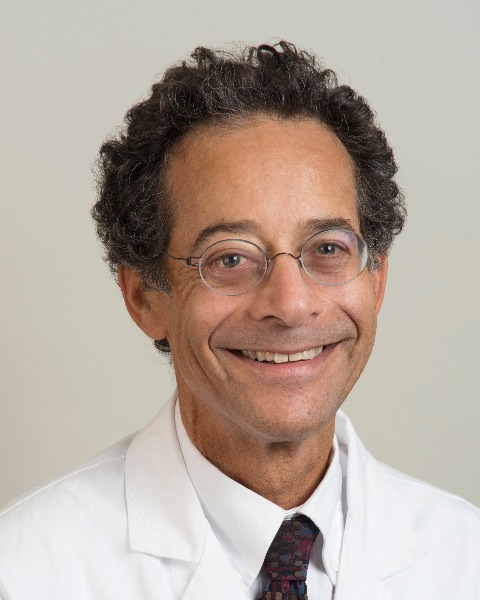
David Reuben, MD
Chief, division of geriatrics
Medicine - Geriatrics
David Geffen School of Medicine at UCLA
Los Angeles, California, United States -
KM
Katie Maslow, MSW
Geriatrics
Gerontological Society of America
Washington, District of Columbia, United States -
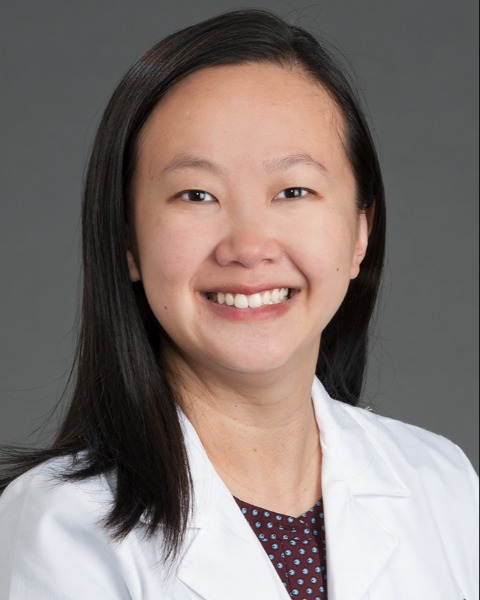
Mia Yang, MD, MS
Assistant Professor
Internal Medicine - Section on Gerontology & Geriatric Medicine
Wake Forest School of Medicine
Winston-Salem, North Carolina, United States -
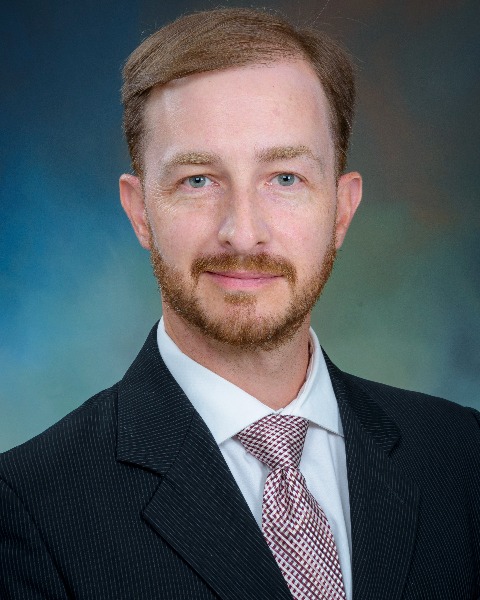
Rafael Samper-Ternent, MD, PhD (he/him/his)
Associate Professor
Department of Internal Medicine
The University of Texas Health Science Center in Houston
Houston, Texas, United States -
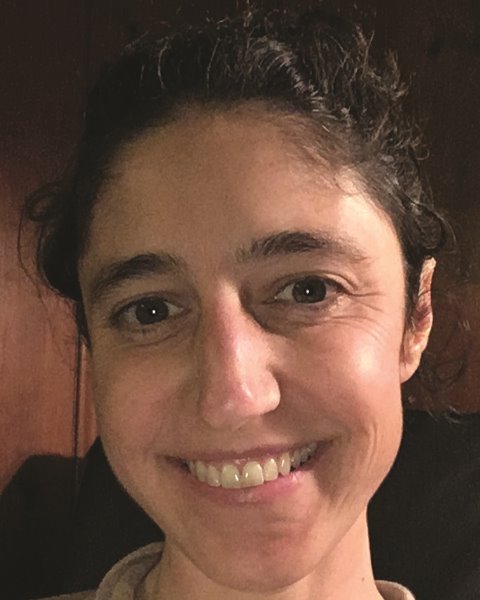
Maya Lichtenstein, MD, MHSc
Associate Neurologist
Department of Neurology
Geisinger Health System
Wilkes Barre, Pennsylvania, United States -
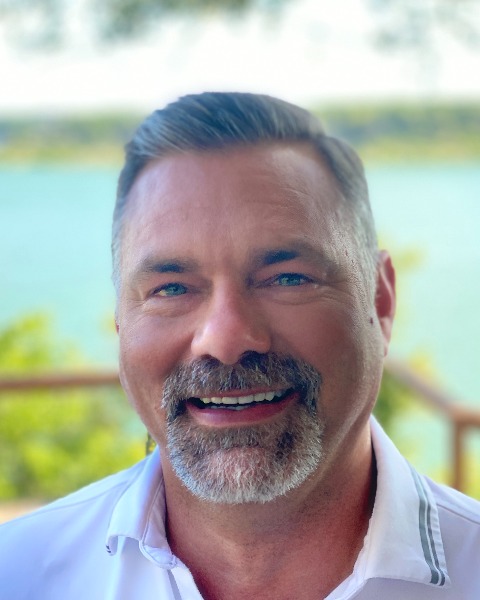
Alan Stevens, PhD, FGSA
Director, Center for Applied Health Research
Center for Applied Health Research
Baylor Scott and White Health
Temple, Texas, United States
Chair(s)
Discussant(s)
Individual Symposium Abstract First Author(s)
With 2176 participants recruited, D-CARE is the largest pragmatic clinical trial of dementia care strategies, to date. At four clinical trial sites (CTS), D-CARE will compare the effectiveness of three dementia care strategies over 18 months: 1) by nurse practitioners or physician assistants within a health care system, 2) by social workers or nurses at community-based service organizations (CBO), or 3) usual care. Primary outcomes include person with dementia (PWD) behavioral symptoms and caregiver strain. Other outcomes include the PWD quality of life and ability to reach personal goals, and caregiver self-efficacy, distress, and depressive symptoms. Recruitment began in June 2019 with a basic protocol in which participating providers reviewed lists generated from the electronic health records (EHR) of patients who had a diagnosis of dementia, allowing the removal of patients who should not be contacted and giving an opportunity to provide information about the family caregiver. Some practices gave “blanket” referral allowing research staff to recruit participants directly. Other practices provided direct referrals via EHR communications to the research team. Self-referrals triggered by public postings in clinics and CBOs, social media, and media coverage were also accepted if a dementia diagnosis was confirmed in the EHR. By March 16, 2020, all in-person recruitment visits were suspended due to COVID-19. In response, informed consent was switched to telephone with verbal consent as permitted by State and Institutional regulations. This symposium describes the creative approaches employed by CTS’ to respond to these challenges and reach the recruitment goal in January 2022.
Learning Objectives:
- To learn effective strategies to recruit persons with dementia and their caregivers into pragmatic trials of dementia care
- To understand how to overcome barriers to recruitment in the face of unexpected natural disasters
Presentations:
-
8:00 AM – 9:30 AM ETElectronic Health Record Screening for Persons Living with Dementia in D-CARE
Individual Symposium Abstract First Author: Mia Yang, MD, MS – Wake Forest School of Medicine
-
8:00 AM – 9:30 AM ETFocusing on Diversity: UTMB Recruitment Strategy for the D-CARE Study
Individual Symposium Abstract First Author: Rafael Samper-Ternent, MD, PhD (he/him/his) – The University of Texas Health Science Center in Houston
-
8:00 AM – 9:30 AM ETEnrolling Participants with Dementia in a Rural Setting: Geisinger Recruitment Strategies for D-CARE
Individual Symposium Abstract First Author: Maya L. Lichtenstein, MD, MHSc – Geisinger Health System
-
8:00 AM – 9:30 AM ETClinic-Based Recruitment Strategies Within an Integrated Health Care System for the Dementia Care Study (D-CARE)
Individual Symposium Abstract First Author: Alan B. Stevens, PhD, FGSA – Baylor Scott and White Health
